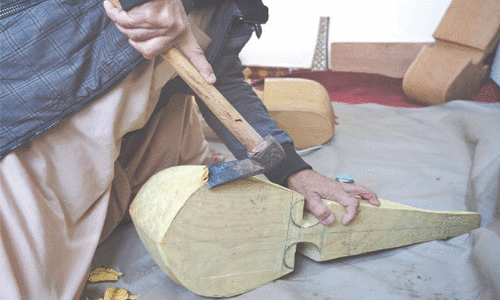BERLIN, July 25: How could a German court find a man guilty of high treason yet impose such a mild sentence that he later seized power and laid waste to Europe?
A new German film seeks to find out.
“Hitler vor Gericht” (Hitler on Trial) explores the 1924 trial of Adolf Hitler in Munich for his part in an abortive coup d'etat that could have earned him the death penalty.
Instead, he served just nine months in prison and was able to rebuild the shattered Nazi party soon after his release.
Had Hitler been given a long sentence, the history of Europe might have been very different, said Ian Kershaw from the University of Sheffield in England.
“The Fuehrer cult would have had no opportunity to expand,” Kershaw, a leading biographer of Hitler, told Reuters on Friday.
“The radical right would have remained fragmented. A Hitler dictatorship would, therefore, probably not have happened.”
At a time when anger over Germany's defeat and treatment after World War One was widespread, reactionary politicians held key positions of power in Bavaria, helping to shield Hitler from the German court with jurisdiction for high treason in Leipzig.The presence of right-wing sympathisers on the judges' bench meant the Austrian-born Hitler was not expelled from Germany.
“The astonishing thing is the degree of understanding the court showed him,” said Bernd Fischerauer, who is directing the film for Bavarian broadcaster Bayerischer Rundfunk (BR). “He was able to use the court hearings to deliver his party manifesto.”
The television film, which producers say is the first to focus exclusively on the trial, is due to be premiered on the 85th anniversary of Hitler's sentencing in April next year.—Reuters














































Dear visitor, the comments section is undergoing an overhaul and will return soon.